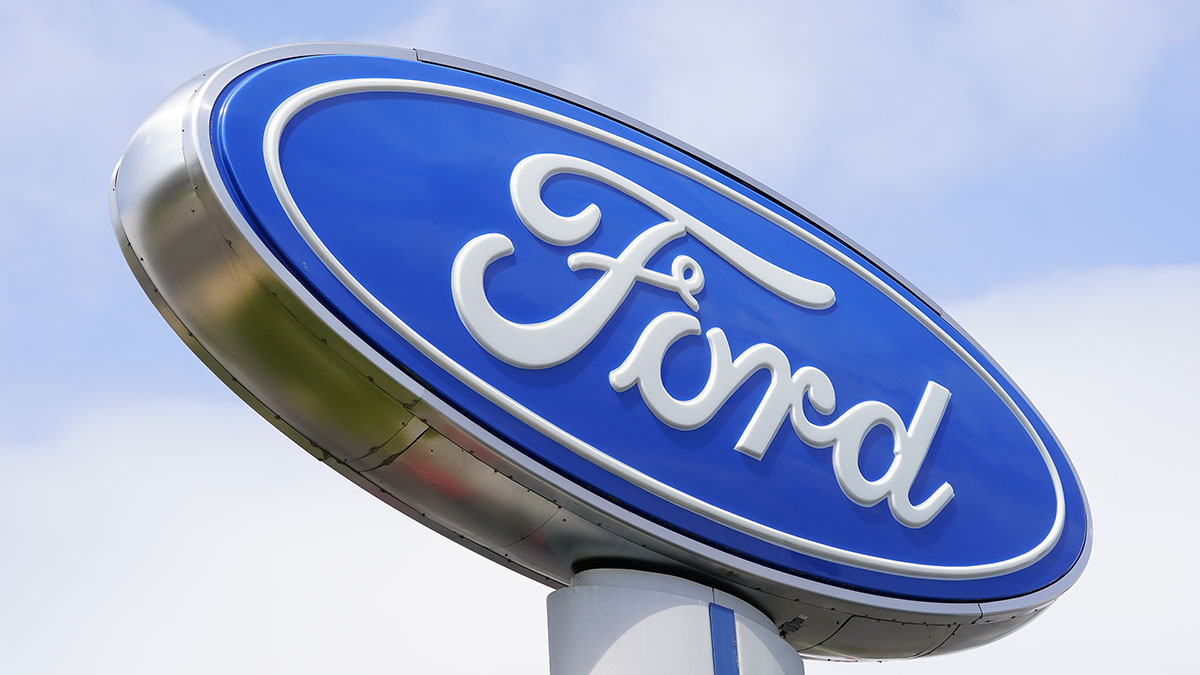
A U.S. government investigation into unexpected automatic braking involving nearly 3 million Hondas is a step closer to a recall.
The National Highway Traffic Safety Administration said Wednesday it has upgraded a probe opened in February of 2022 to an engineering analysis after it received 1,294 complaints about the problem, mainly from consumers and through the company. An engineering analysis is the last step before the agency can seek a recall, although the vehicles are not being recalled at this time.
Watch NBC6 free wherever you are
The complaints allege that the automatic emergency braking system can brake the vehicles with nothing in their forward path, increasing the risk of a crash. The agency said it has 47 reports of crashes and 112 reports of injuries from the problem.
The investigation covers two of Honda's top-selling models, the CR-V small SUV and the Accord midsize car. The model years were expanded to include the 2017 through 2022 CR-V and the 2018 through 2022 Accord.
Get local news you need to know to start your day with NBC 6's News Headlines newsletter.
Agency documents show that Honda says that some customers may have had an inadequate understanding of the system and its limitations. But consumers say in complaints that Honda dealers weren't able to reproduce the problem condition, and they were told that such stops were considered normal for the system. In some cases consumers say that the problem has persisted, the agency said.
In a statement, Honda said it will continue to cooperate with NHTSA on the probe into the Collision Mitigation Braking System, “and we will continue our own internal review of the available information.”
NHTSA will assess how often the problem happens and the potential safety related consequences, documents said.
The probe is another in a string of investigations by the agency into performance of automatic braking systems, technology that has been touted as having the ability to prevent many rear-end crashes and save lives. NHTSA is working on a regulation to require the systems on new vehicles and set standards for them to detect obstacles and brake.
Most new vehicles already are equipped with the systems in a voluntary industry program.



